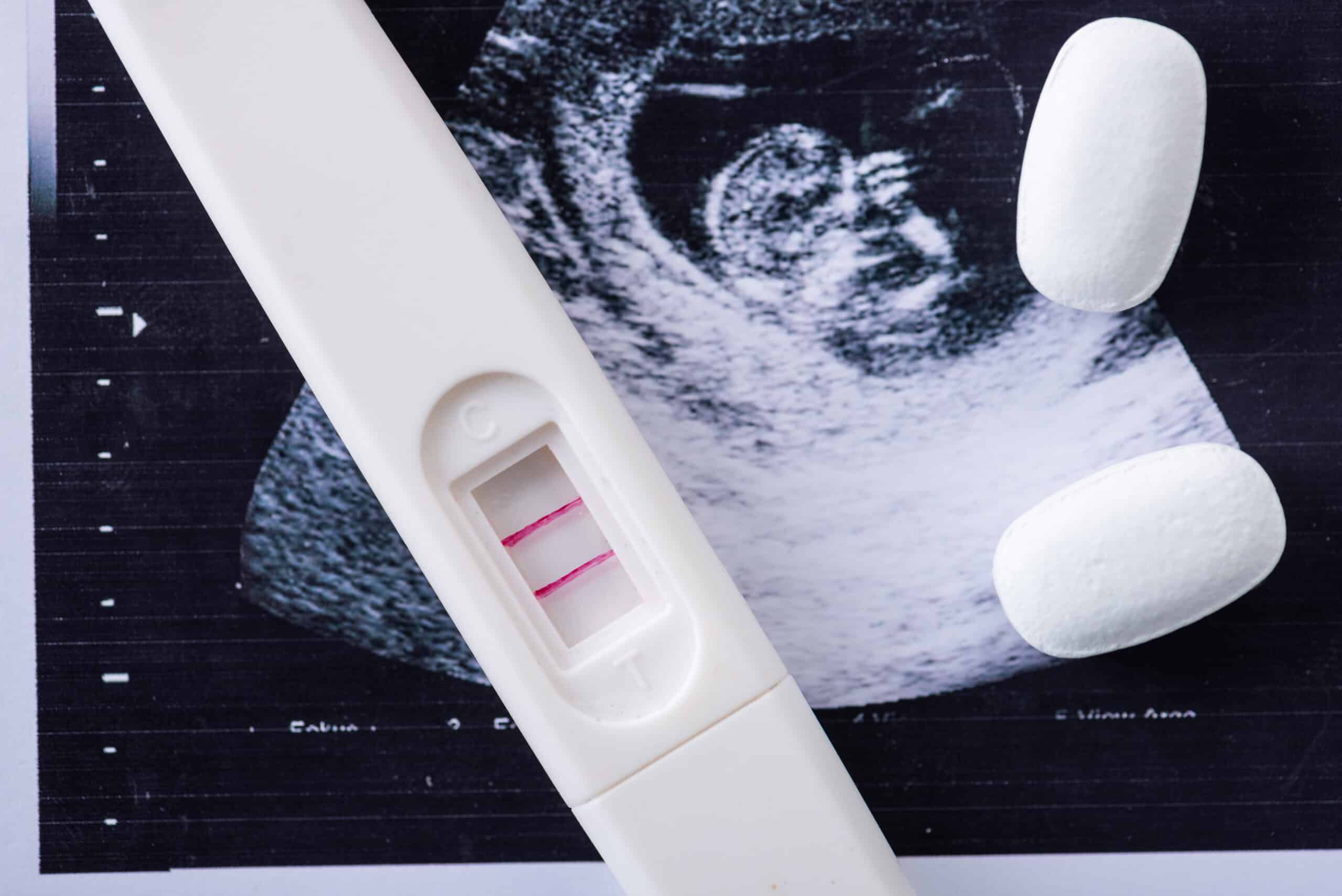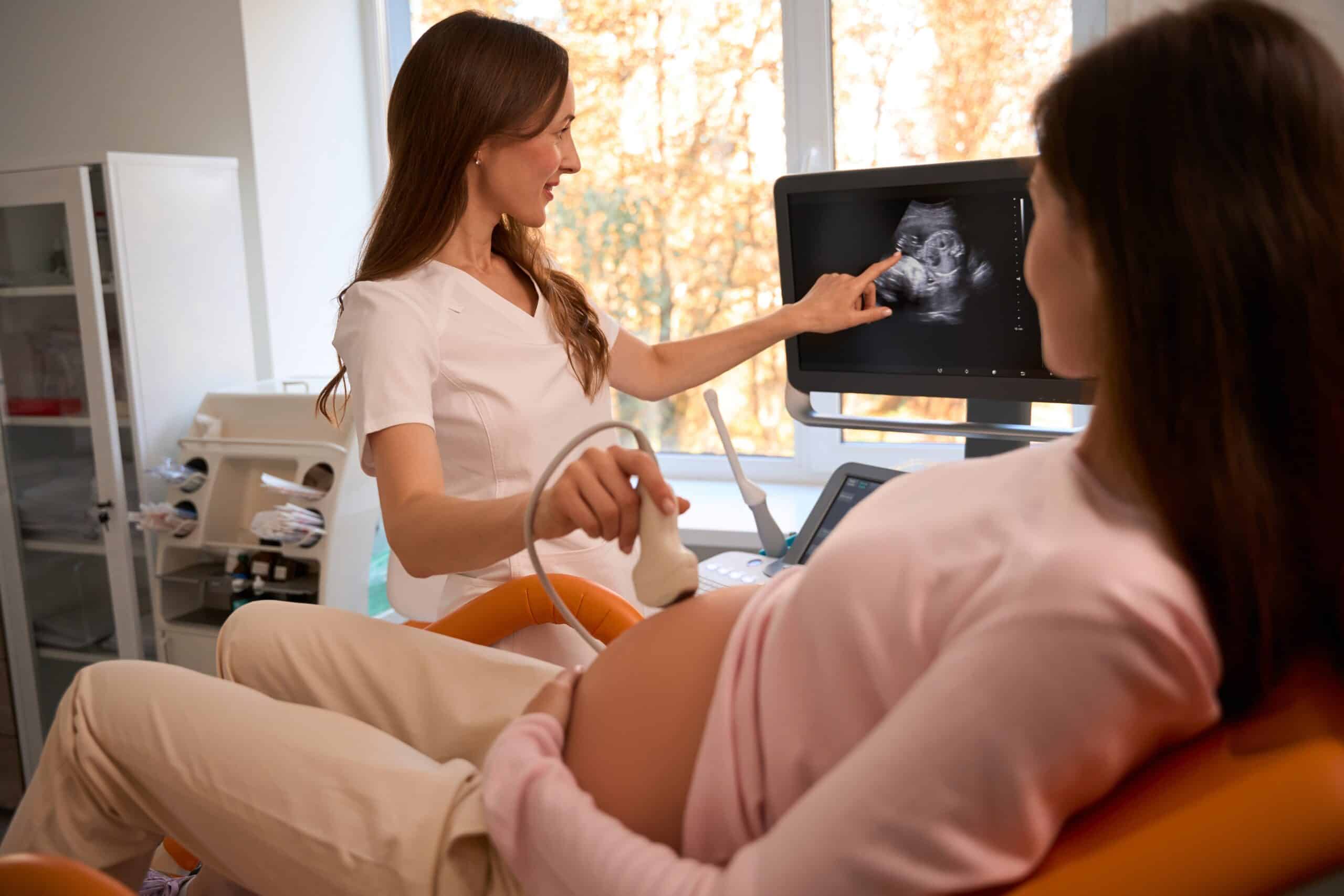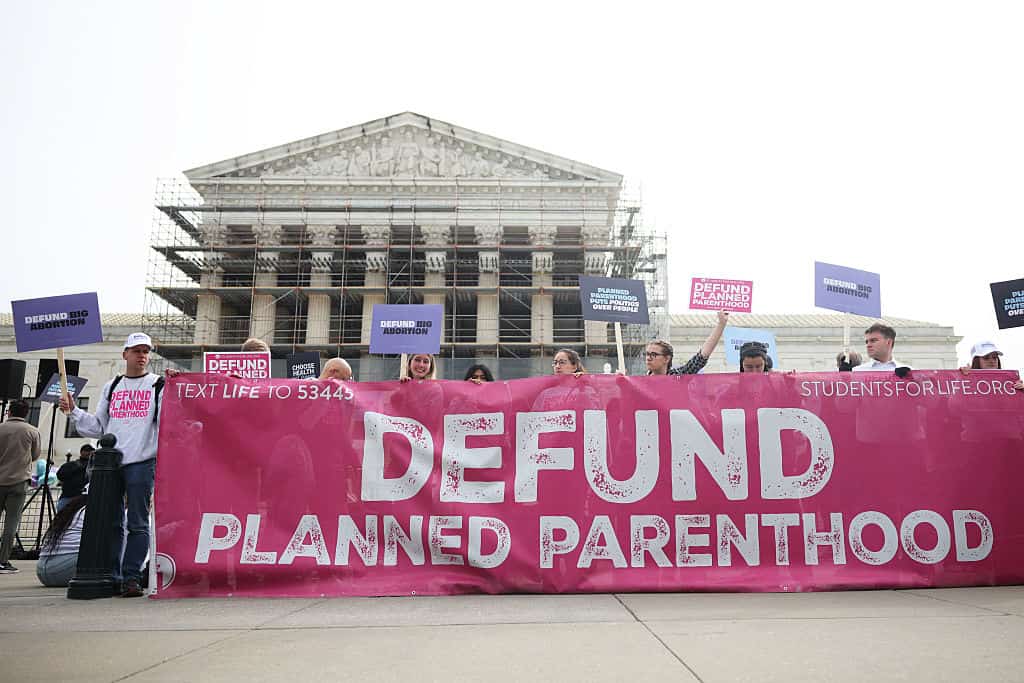BREAKING: Supreme Court Rules Doctors Don’t Have Standing — Conscience Protections Upheld, Abortion Pill Safety Not Addressed

On Thursday, June 13, 2024, in a unanimous decision authored by Justice Kavanaugh, the U.S. Supreme Court ruled that pro-life doctors did not have standing to challenge the FDA’s regulation of the abortion pill mifepristone.
Anyone listening to oral arguments in U.S. Food and Drug Administration v. Alliance for Hippocratic Medicine in March won’t be surprised by the ruling. Many of the justices, including those who overruled Roe two years ago, expressed concern regarding the doctors’ standing to sue.
Standing is the legal requirement a suing party must show to litigate the underlying issue in a matter. Without standing, courts will not consider the merits of a lawsuit.
To have standing, the law requires that the doctors show that they were harmed, that the harm resulted from the FDA’s actions, and that their injury could have been remedied with a favorable court decision.
Justice Kavanaugh wrote decisively in the Court’s opinion:
Under Article III of the Constitution, a plaintiff’s desire to make a drug less available for others does not establish standing to sue. Nor do the plaintiff’s other standing theories suffice.
Alliance Defending Freedom (ADF), the public interest law firm representing the doctors argued that they would be forced to violate their consciences and perform abortions on women who were suffering injuries from the abortion pill.
ADF noted that, at the beginning of this case, the government argued federal law did not “protect doctors from being forced to participate in abortions against their conscience.”
Interestingly, the government changed its position on this issue at the Supreme Court, claiming instead that doctors would not be forced to participate in abortions.
In its opinion, the Supreme Court upheld federal conscience protections for healthcare workers, declaring, “Federal law fully protects doctors against being required to provide abortions or other medical treatment against their consciences….”
Reiterating federal conscience protections is part of the silver lining to an otherwise lackluster Court ruling.
The pro-life community should remember that while the Court’s ruling is disappointing, it is absolutely not the end of the story.
The Court’s decision, in this case, leaves the door open for another party, who can show direct harm, to challenge the safety of the abortion pill and the FDA’s deregulation at another time.
Potential future litigants could include women who have taken mifepristone and been injured by the drug.
Students for Life of America made the argument in an amicus brief that there are also potential harms to endangered species due to the deregulation of chemical abortion pills. That’s another possible legal theory that could be explored.
The Court’s ruling in this case doesn’t change the facts related to abortion pill complications. According to mifepristone’s own label, approximately one in 25 women who take the pill suffer serious complications that require emergency room care; those are real facts connected to real women and girls who deserve justice.
The pro-life community should hold its head high and refuse to be deterred or distracted from the vital work of loving women, serving women, and pursuing justice for them in the court of law.
Image from Shutterstock.
ABOUT THE AUTHOR

Nicole Hunt, J.D., is an attorney and serves as a writer and spokesperson at Focus on the Family. She provides analysis and advocacy engagement for Christians to promote faith, family, and freedom. Some of the issues she writes and speaks on include life, religious freedom, parental rights, marriage, and gender. Prior to joining Focus on the Family, Nicole practiced employment law specifically advising businesses and ministries on employment policies and practices. Nicole worked in Washington, D.C. as a Legislative Assistant to two Members of Congress. During her time on Capitol Hill, Nicole provided policy analysis and voting recommendations to Members of Congress on a variety of public policy matters, wrote speeches, drafted committee statements and questions, wrote floor statements, produced legislation and amendments to legislation, met and developed networks with constituents and interest groups, and worked on regional projects. In addition, Nicole served as an intern to Former Attorney General Ed Meese in the Center for Legal and Judicial Studies at the Heritage Foundation, provided legal analysis to Americans United for Life, and interned in the Office of Strategic Initiatives at The White House during the George W. Bush Administration. Nicole earned her J.D. from George Mason University Antonin Scalia Law School and her Bachelor of Arts in Philosophy and Political Science from Westmont College. Nicole enjoys riding horses and spending time camping and hiking with her family in the great outdoors. Nicole is married to her husband, Jeff, and they have four children. Follow Nicole on Twitter @nicolehunt
Related Posts

New York Ends Fight to Force Nuns to Pay for Abortions
January 27, 2026



